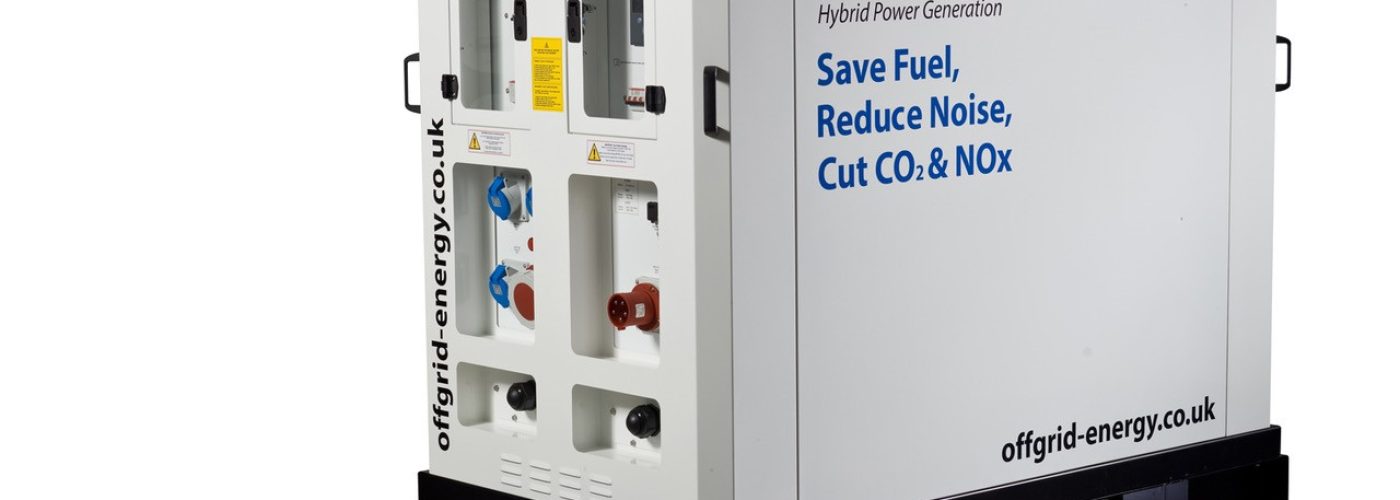Kennington Tube station has seen the installation of Off Grid Energy’s largest and most powerful temporary power hybrid – the gridtogo™ – a battery that helps tackle air and noise pollution levels in construction. The installation is part of the Northern Line Extension plans, which will extend the London Underground (LU) network from Kennington to Battersea Power Station via Nine Elms.
“Our hybrid power system delivers a cost saving, cleaner solution that also significantly reduces noise pollution in a sensitive residential area and is the biggest hybrid system for temporary power we have supplied,” said Danny Jones, CEO at Off Grid Energy.
The gridtogo™ battery storage solution has a power output of 195kVA, which reduces generator running hours, which consequently results in an improvement in fuel efficiency and a substantial reduction in polluting emissions, CO2 and noise pollution. Its storage capacity of 350kwhrs also sets the bar for energy storage technology in temporary power.
“With a power output of 195kVA and storage capacity of 350kWhrs it is conceivably the most powerful temporary power hybrid unit in the UK with the largest battery storage capacity in the UK for temporary power. The added flexibility that comes from dual power supply and improved power quality means that the solution delivers a multi-layer win: lower cost, cleaner air, less CO2, elimination of noise and greater power supply resilience,” said Danny.
When the battery located inside the unit is charged and the demand for power is low, the generator can automatically turn off and the energy stored in the battery is used to supply the load. The features of the gridtogo™ help considerably cut running costs, CO2, noise pollution, and air quality levels while simultaneously reducing carbon footprint.
Due to the residential location of the station, the contract required a silent solution in order to continue construction work during unsociable hours. By implementing the Off Grid Energy silent high power gridtogo™ system along with a modern super silent generator it allowed full power demand to be met 24/7, reducing the need to run the generator, enabling construction work to continue.





